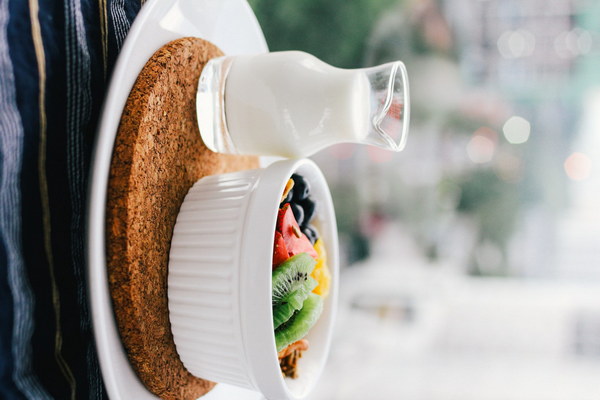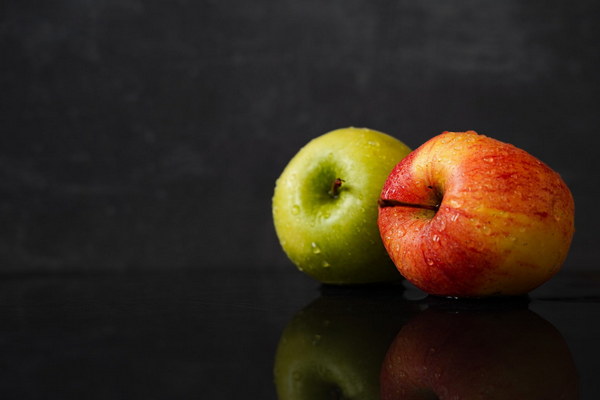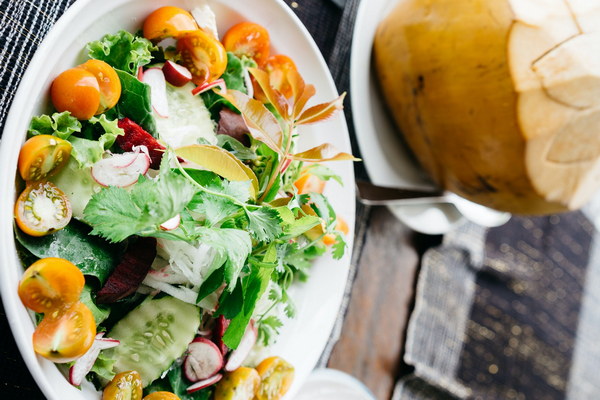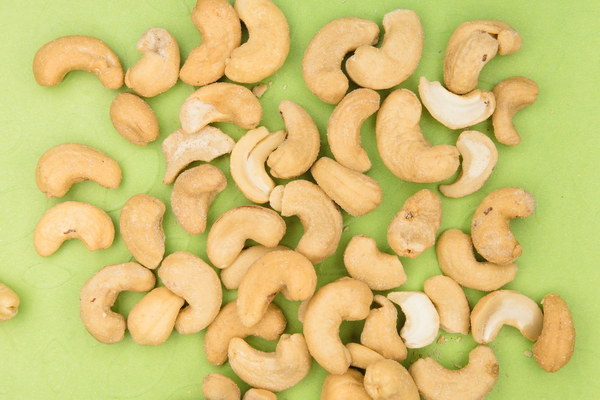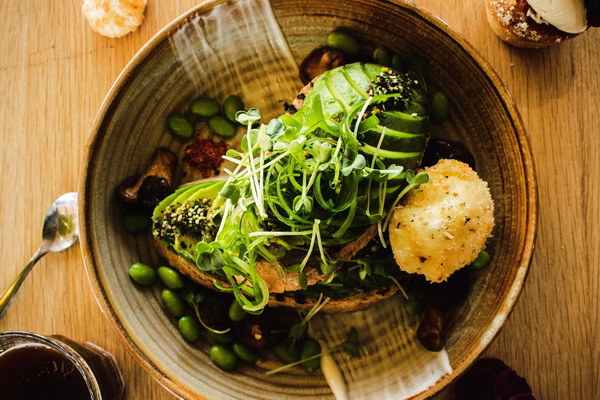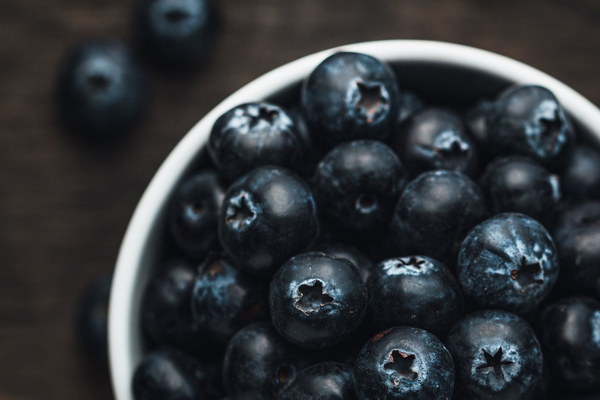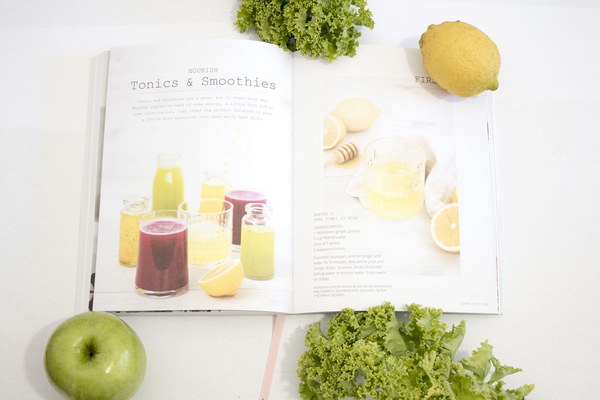Gastroenteritis Ulcer Diet A Nourishing Guide to Soothe Your Stomach
Gastroenteritis ulcers, also known as peptic ulcers, can be quite discomforting and painful. These sores develop in the lining of the stomach or the first part of the small intestine. While medication plays a vital role in treating these ulcers, a well-balanced and soothing diet is equally important. In this article, we will explore a gastroenteritis ulcer diet, offering a nourishing guide to help you soothe your stomach and accelerate recovery.
1. Eat Small, Frequent Meals
One of the key aspects of a gastroenteritis ulcer diet is to consume small, frequent meals throughout the day. Eating smaller portions allows your stomach to digest food more easily, reducing the risk of irritation. Aim for five to six meals a day, each consisting of about 200-300 calories.
2. Opt for Soft, Easy-to-Digest Foods

Soft, easy-to-digest foods can help reduce the strain on your stomach, making it easier to absorb nutrients. Incorporate the following into your gastroenteritis ulcer diet:
- Rice: White rice is an excellent choice, as it's gentle on the stomach and can help settle your digestion.
- Oatmeal: Oatmeal is rich in fiber, which can help regulate your bowel movements and provide a soothing effect on your stomach.
- Applesauce: Applesauce is a soft and nutritious option that can be easily digested and absorbed.
- Bananas: Bananas are high in potassium and can help neutralize stomach acid, reducing discomfort.
- Well-cooked vegetables: Vegetables like carrots, zucchini, and pumpkin are soft and can be easily digested.
3. Avoid Trigger Foods
Certain foods can exacerbate symptoms of gastroenteritis ulcers. It's essential to identify and avoid trigger foods, which may include:
- Spicy and acidic foods: These foods can increase stomach acid production and irritate your ulcers.
- Caffeine: Caffeine can stimulate stomach acid production and worsen symptoms. It's best to limit or avoid coffee, tea, and soft drinks containing caffeine.
- Alcohol: Alcohol can irritate the stomach lining and delay healing. It's important to minimize alcohol consumption or avoid it altogether.
- Fatty foods: Fatty foods can take longer to digest and may exacerbate symptoms. Opt for lean proteins and healthy fats instead.
4. Stay Hydrated
Drinking plenty of fluids is crucial for a gastroenteritis ulcer diet. Water is the best choice, as it helps maintain hydration and doesn't irritate the stomach. Aim for at least 8 glasses of water a day. You can also consume herbal teas or clear broths, which can provide additional hydration without causing discomfort.
5. Incorporate Probiotics
Probiotics are beneficial bacteria that can help maintain a healthy balance in your gut. Incorporate probiotics into your diet by consuming fermented foods like yogurt, kefir, sauerkraut, and kimchi. These foods can aid digestion, reduce inflammation, and promote healing.
6. Practice Mindful Eating
Mindful eating involves paying attention to your food choices, portion sizes, and eating habits. When you eat mindfully, you can better control the intake of trigger foods and improve digestion. Take your time to chew food thoroughly, and try to eat in a relaxed environment.
In conclusion, a gastroenteritis ulcer diet can help soothe your stomach, reduce symptoms, and accelerate healing. By following these tips and making mindful food choices, you can support your body's natural healing process and improve your overall well-being. Remember to consult with a healthcare professional for personalized advice and dietary recommendations.
